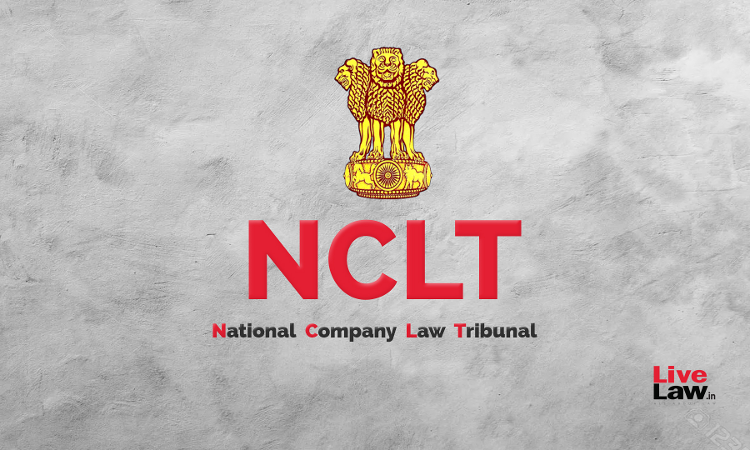NCLT Kolkata: IBC Prevails Over State Financial Corporation Act, 1951
Sachika Vij
13 March 2024 9:00 AM IST

Next Story
13 March 2024 9:00 AM IST
The National Company Law Tribunal ('NCLT') Kolkata, comprising Justice Ms. Bidisha Banerjee (Judicial Member) and Shri Arvind Devanathan (Technical Member) held that the Insolvency and Bankruptcy Code, 2016 ('IBC') prevails over State Financial Corporation Act, 1951 ('SFC Act'). Background Facts: On 21.08.2009, Basukinath Food Processors Limited (Corporate Debtor) entered into a...
